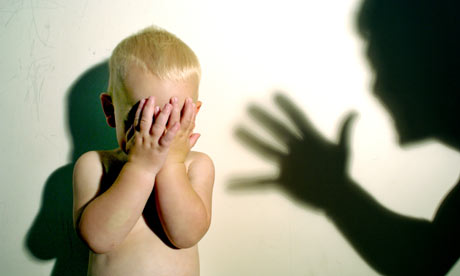A general term for depression, "the blues", describes a lack of joy and satisfaction that we feel on a daily basis. We can not seem to find a simple pleasure in anything. So what do we do? We overcompensate by constantly "one upping" the self in search of a warmth and comfort within. Bigger and better every time. A consequence of this is the feeling of pressure to deliver not only to the self, but to the environment around as well including family, friends, and peers. Low joy and satisfaction.
Many people try to wash away their sorrows in a bottle whether it be alcohol or pills. They search for the pleasure they lack in life through substances that offer a quick fix to their ailment. The downside is that once the brain returns to normal, you can hit a low that only worsens the original mood leading to another round of self medicating behaviors. This cycle eventually interferes with the life routine costing the individual their job, their family, or both. Self-medicating.
In general, a majority of the population believes that it is the lack of a supportive and loving environment combined with missed opportunity that exacerbates a depressed mood into a mental health issue. Many depressed individuals do in fact come from very positive environments with an abundance of opportunity and joy to go around. So why are they depressed? It is purely a matter of body chemistry, the only fix for it being medication and symptom management. Intensive psychotherapy can fall short due to the fact that the individual's history is not the primary cause. However, that is not to say that the person will not have to go to therapy at some point to deal with the impact that the depression has on their environment. Purely brain chemistry.
I find it helpful to understand these types, because we have all experienced a low at one point or another. Realizing you type be it materialistic conquests, self medication, or should give light to the amount and type of treatment that is most appropriate for you.







